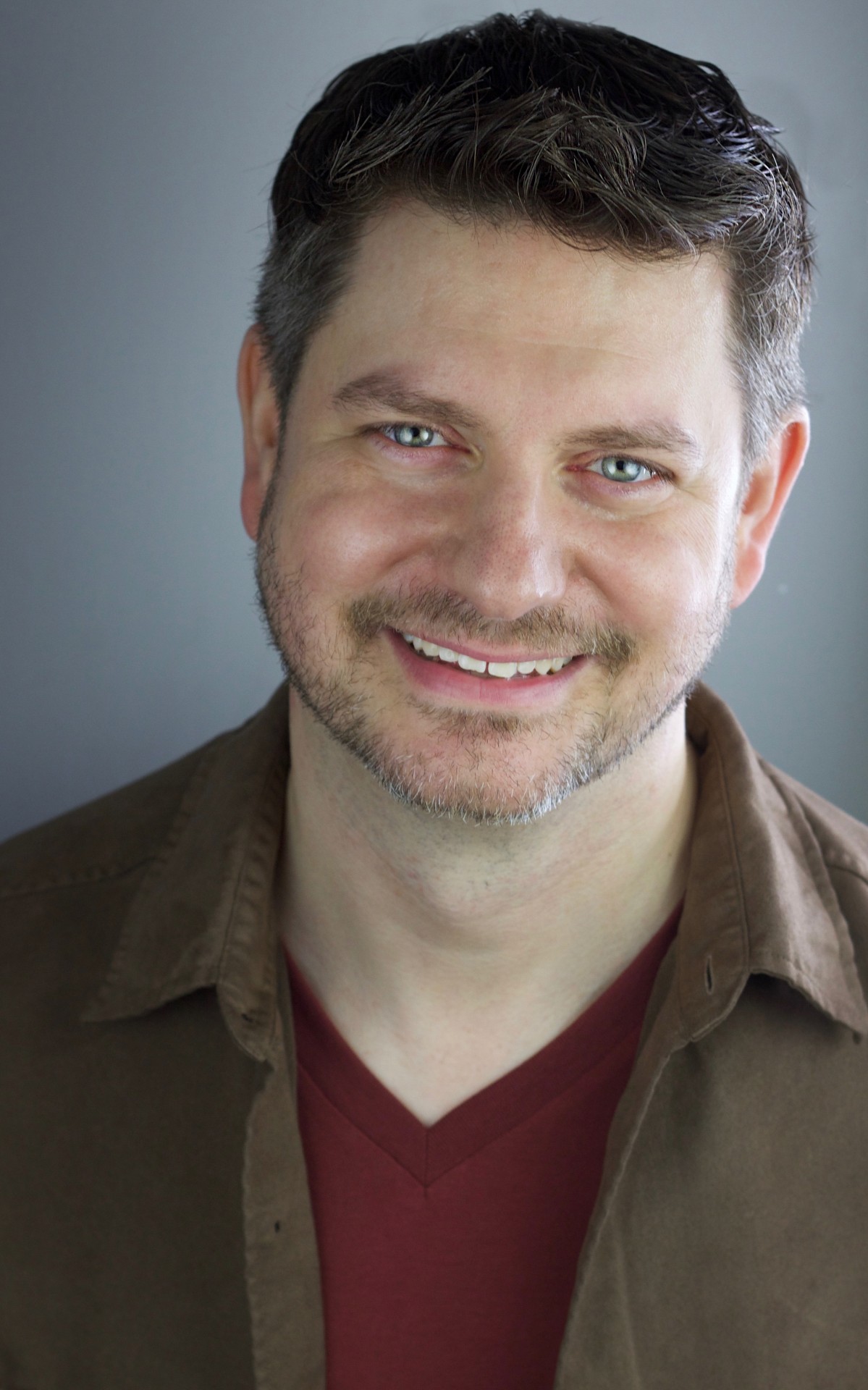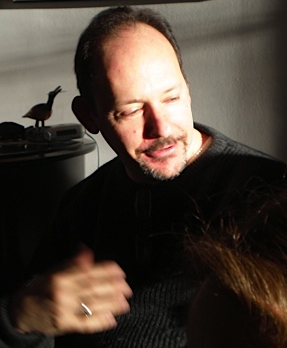I’m delighted to share my kavannah of how I’ve learned to pray this prayer.
My whole life I’ve felt outside: queer, broken, nerdy, weird. I read too much, didn’t play or follow sports. My parents divorced, and I felt unworthy of the education they bought for me. I felt tractionless professionally. Throughout my 20s and 30s, I felt orphaned at Thanksgiving and Christmas, adrift and unable to connect, and I was mired in risky, compulsive behavior to try to heal the pain.
That started to shift as I developed a relationship with ritual and liturgy. First, 12-step meetings gave me relief from my most self-destructive behaviors and relationships. Singing in churches gave me some sense of belonging, which increased when I found Judaism, where I could argue obscure bits of Talmud with other earnest nerds. Since my bar mitzvah in my 40s, the holidays have become something I look forward to. My marriage here at West End — the first marriage of two men at this synagogue — is a high point in the healing of both my husband and me.
Yet even a few months ago, I would still wake with my heart pounding, afraid that I would do something to blow my fragile sense of belonging. Then I took a class at the Institute for Jewish Spirituality called “Liturgical Prayer: Finding Your Own Authentic Service.” We broke down the traditional prayers, including this one from Talmud: Elohai neshamah shenatata bi tehorah hi — “G-d, the soul you have given me is pure.” After saying it every day for a week, I really heard that line for the first time.
What does that mean, my soul is pure? I immediately thought of the first time I held my nephew as an infant, the feeling I had that this tiny, dependent body contained a soul. My brother described him as a ketchup packet — squeeze him, and he squirts at both ends. Yet he was already a whole consciousness that needs a lifetime to unfold and make itself known, but somehow complete already.
Every morning since October, I’ve said this prayer in bed as I wake up. Each day, I feel my fear subside as I prepare for my day by davening the full shacharit service. I was that baby once. I am not just my brokenness, or the insufficiency of my body, my bank account or my struggles to be heard and effective at work or in community. Whatever hurt or brokenness I feel, my soul remains whole and pure. The core of myself is perfect as it is; I just have to breathe and seek connection with the perfect souls around me, “deep calling to deep,” as the Psalm says.
I’m going to sing David Friedman’s setting of Elohai Neshamah. I invite you to sit tall in your seat, to close your eyes and put your hand on your chest. Take a breath (breathe). If it feels OK to you, check in with your soul. Think about how you were once a baby, breathing in someone’s arms, utterly vulnerable, and utterly whole and complete.
And consider how for thousands of years the rabbis, who were babies once themselves, managed to give us this prayer. In the midst of external oppression and all the patriarchy that we find so troubling, they created this liturgy, this service — this moment to be together today and connect with ourselves and each other.
The translation of the prayer:
“God, the soul you gave to me is pure. You have created it, you shaped it, and you breathed it into me, and you preserve it deep inside of me. And someday you will take it from me, restoring it to everlasting life.”
Editor’s Note: Listen below to Jonah Scott Mendelson singing David Friedman’s rendering of Elohai Neshamah, David Friedman accompanying on the piano.









2 Responses
Thank you for the translation. May you please publish the entire prayer.
Thank you.
Greetings,
I’m moved by your essay and would like to hear the audio, but it isn’t playing for me. Could you send me an audio file please so I can hear it? Thanks.
Kol ha-kavod for your healing,
R’P Heena Reiter